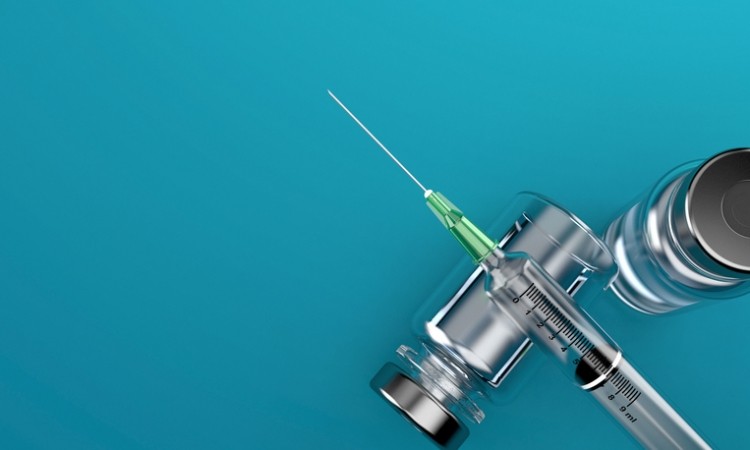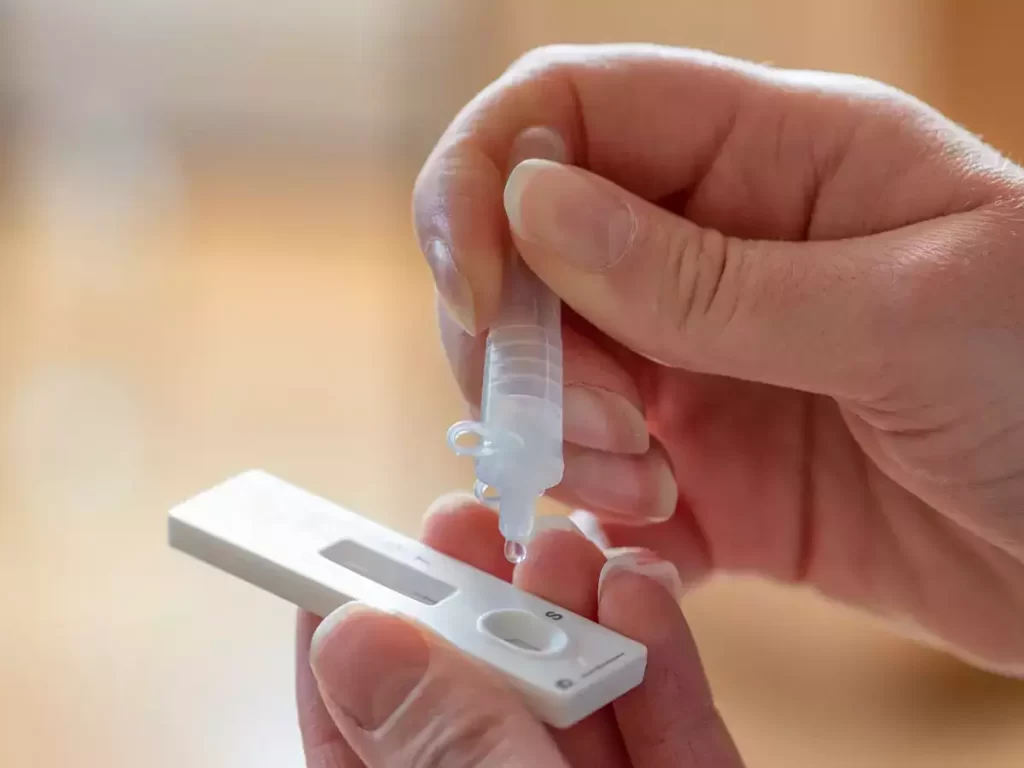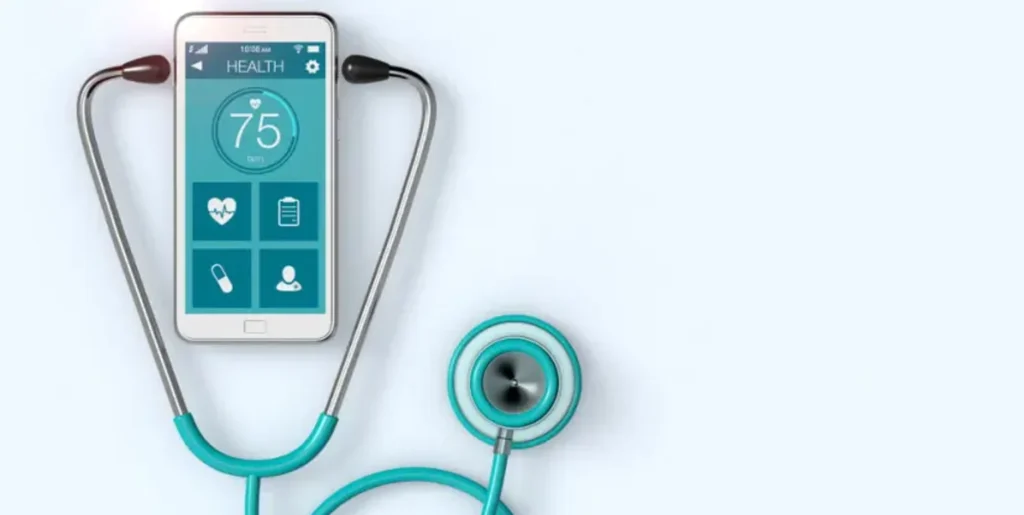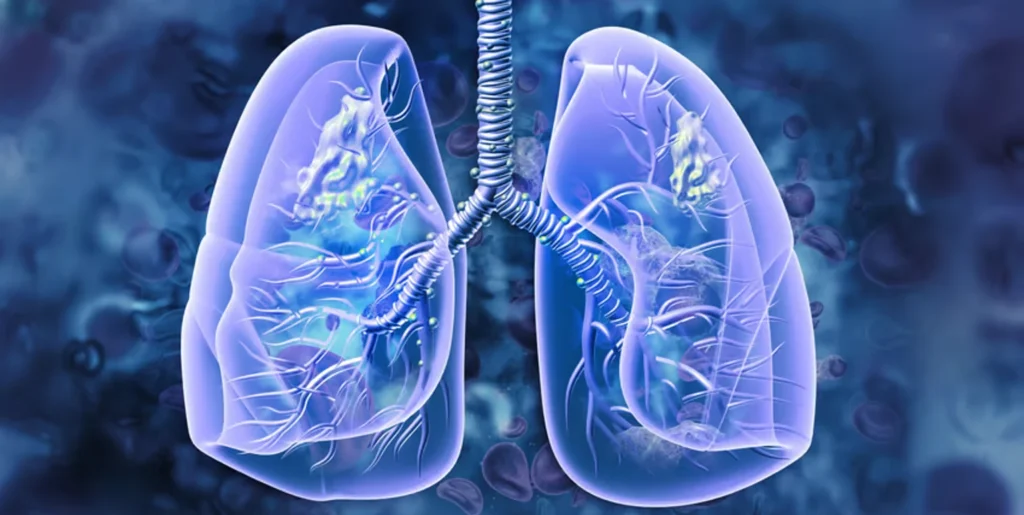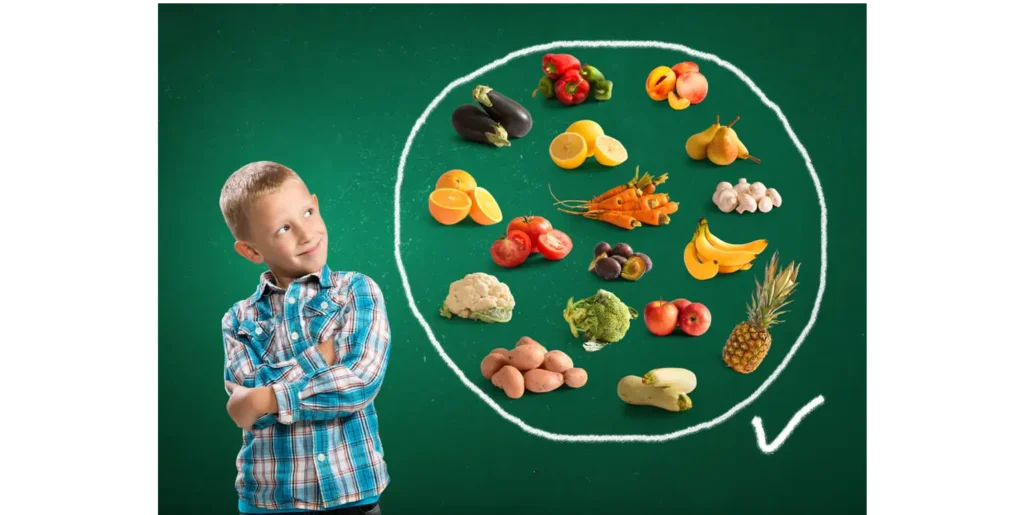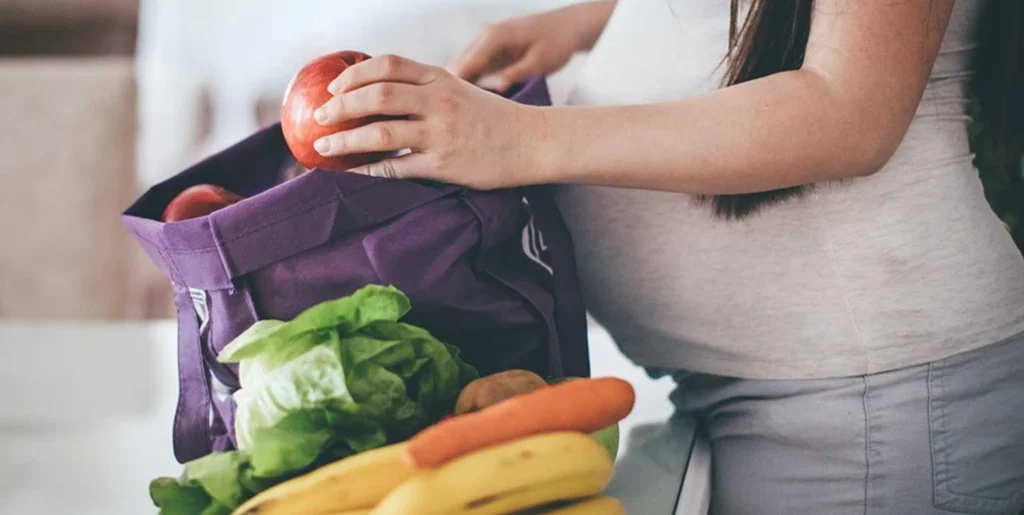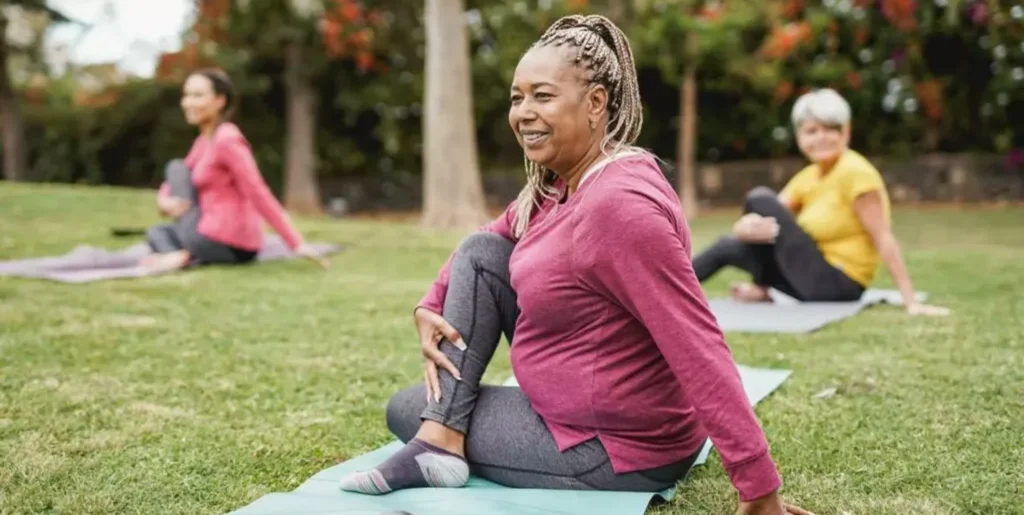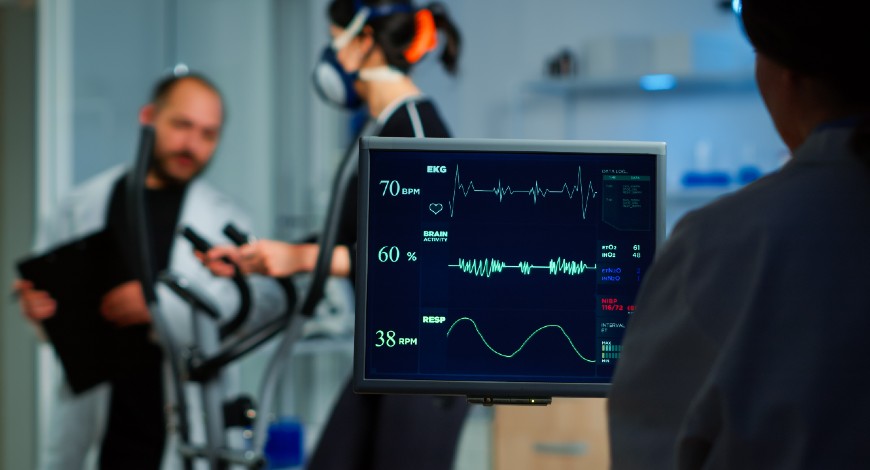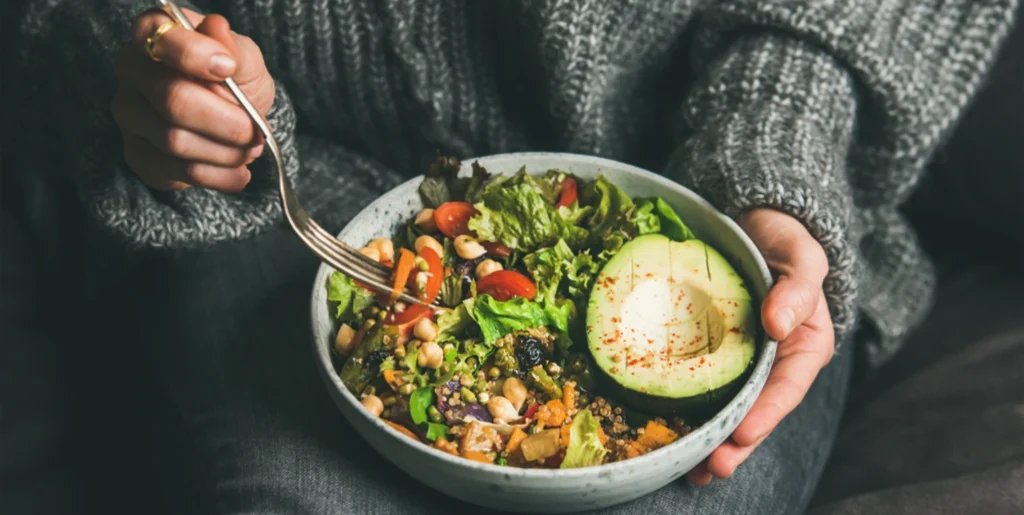Nutrition needs when you’re over 65
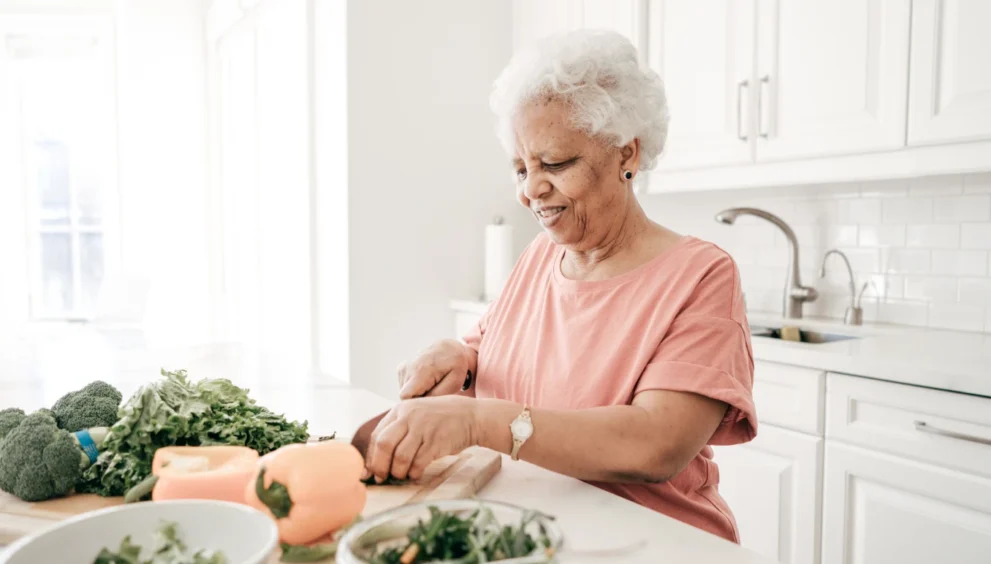
Nutrition needs vary with age and gender. Now you’re older, the foods and drinks that make up a healthy diet may need to be slightly different from when you were younger. In general, you’ll need less of some foods and more of others.
How you eat as an older person will also vary depending on your gender: older men have different nutritional needs from older women.
But healthy eating doesn’t really change that much with age, especially if you already have a good diet. You simply need to be aware of your own specific nutrition requirements and adjust your food choices so your body gets exactly what it needs for good health in older age.
If you need help choosing or preparing a healthy diet, chat to a family member, your healthcare professional, carer or an Accredited Practising Dietitian.
Discuss any major change in eating or exercise patterns with your doctor, pharmacist and dietitian. Any medications you take may need to be adjusted.
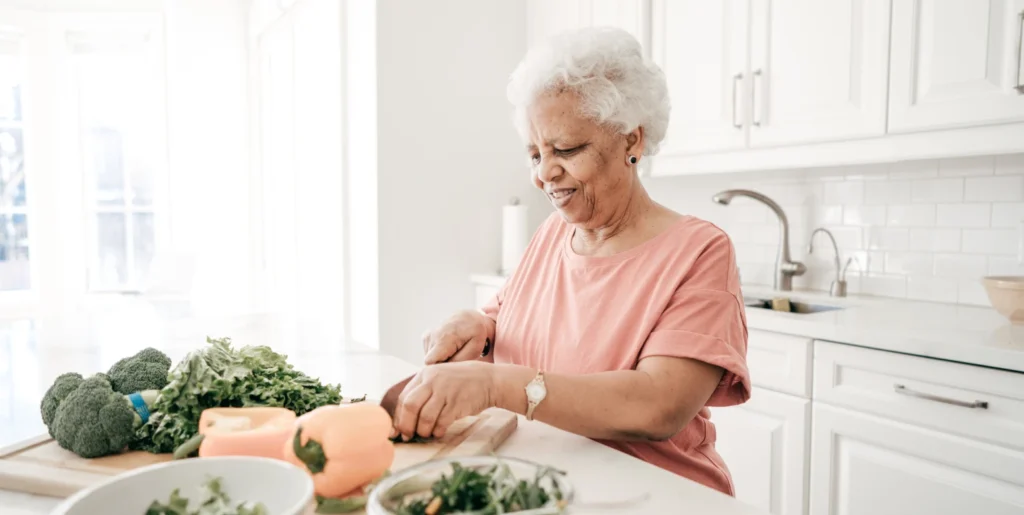
What to put on your plate when you’re over 65
- Eat a wide variety of foods: Plenty of colourful vegetables, legumes/beans; fruit; grain (cereal) foods, mostly wholegrain and high fibre varieties; lean meats and poultry, fish, eggs, tofu, nuts and seeds; milk, yoghurt, cheese or their alternatives, mostly reduced fat.
- Drink plenty of water – six to eight cups of fluid per day.
- Limit foods high in saturated fat, such as biscuits, cakes, pastries, pies, processed meats, commercial burgers, pizza, fried foods, potato chips, crisps and other savoury snacks.
- Replace high fat foods containing mostly saturated fat with foods containing mostly polyunsaturated and monounsaturated fats. Swap butter, cream, cooking margarine, coconut and palm oil with unsaturated fats from oils, spreads, nut butters and pastes, and avocado.
- Limit foods and drinks containing added salt, and don’t add salt to foods in cooking or at the table.
- Limit foods and drinks containing added sugars, such as confectionery, sugar-sweetened soft drinks and cordials, fruit drinks, vitamin waters, energy and sports drinks.
- Limit alcohol. (Drink no more than two standard drinks a day.)
- Keep ‘extras’ or ‘sometimes foods’ to a minimum – they’re not a regular part of a healthy diet. Extras are the high sugar, high fat, high salt foods listed above, such as commercial burgers, pizza, alcohol, lollies, cakes and biscuits, fried foods, and fruit juices and cordials.
Be physically active. (Aim for at least 30 minutes of moderate intensity physical activity, such as walking, every day.)








